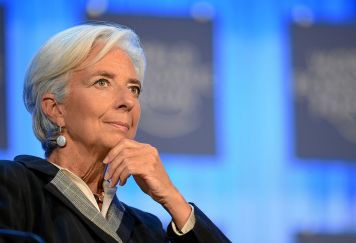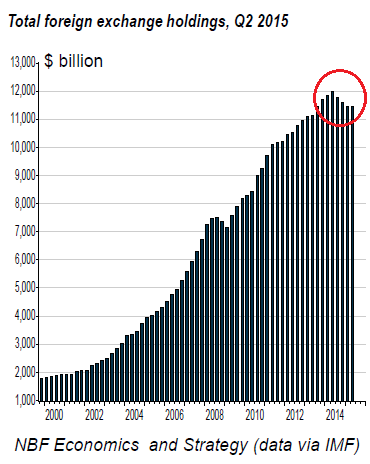
In November of 2014 I published an article titled ‘The Economic End Game Explained’. In it I outlined what I believed would be the process by which globalists would achieve what they call the “new world order” or what they sometimes call the “global economic reset.” As I have shown in great detail in the past, the globalist agenda includes a fiscal end game; a prize or trophy that they hope to obtain. This prize is a completely centralized global economic structure, rooted in a single central bank for the world, the removal of the U.S. dollar as world reserve currency, the institution of the SDR basket system which will act as a bridge for single a global currency supplanting all others and, ultimately, global governance of this system by a mere handful of “elites.”
The timeline for this process is unclear, but there is some indication of when the “beginning of the end” would commence. As noted in the globalist owned magazine The Economist, in an article titled “Get Ready For The Phoenix,” the year of 2018 seems to be the launching point for the great reset. This timeline is supported by the numerous measures already taken to undermine dollar dominance in international trade as well as elevate the International Monetary Fund’s SDR basket. It is clear that the globalists have deadlines they intend to meet.
That said, there have been some new developments since I wrote my initial analysis on the end-game strategy that I think merit serious attention. The end game continues, faster than ever before, and here are some of the indicators showing that the “predictions” of the globalists at The Economist in 1988 were more like self-fulfilling prophecies and 2018 remains a primary nexus point for a re-engineering of our economic environment.
…click on the above link to read the rest of the article…







